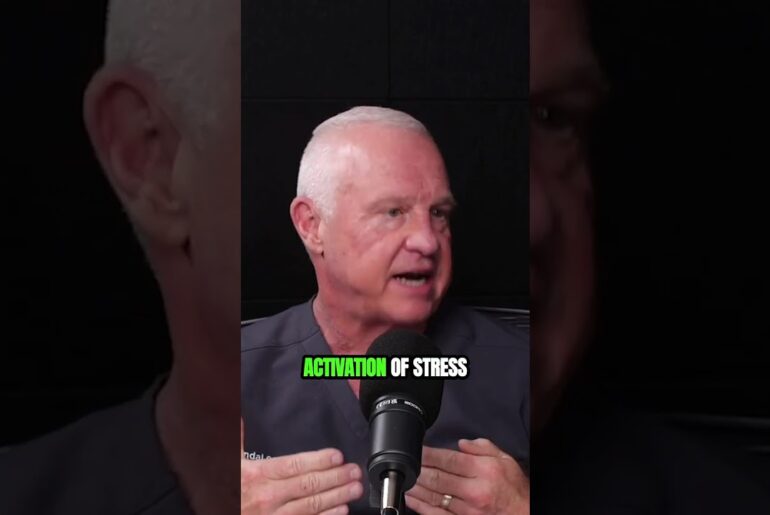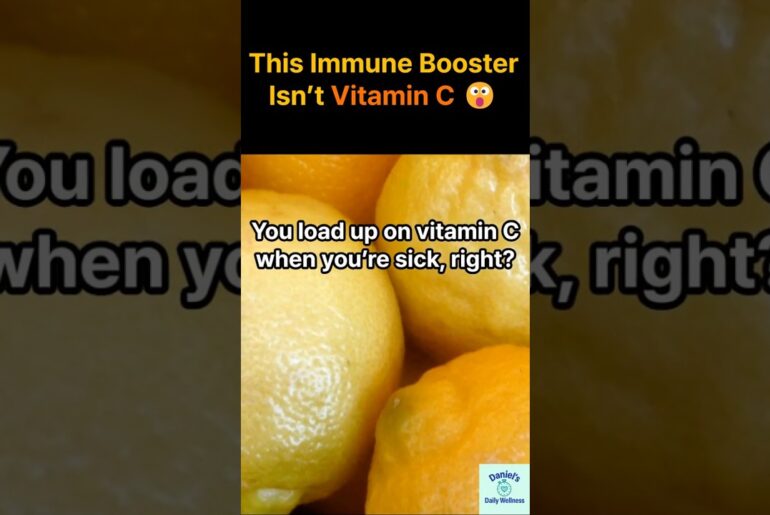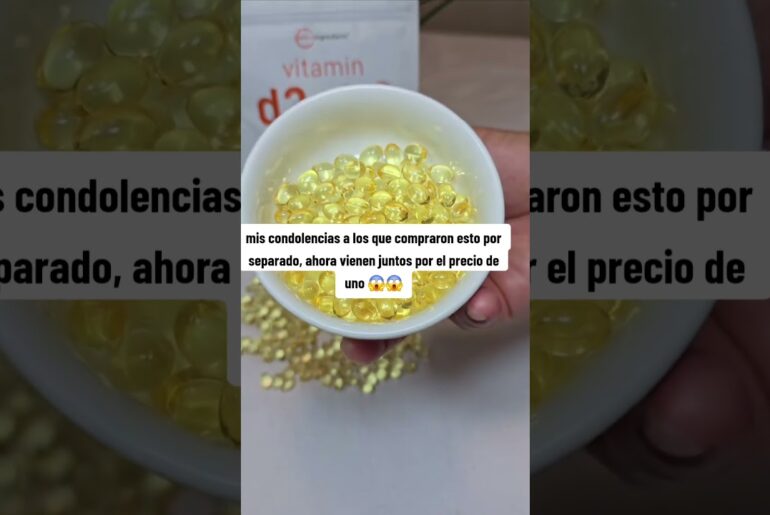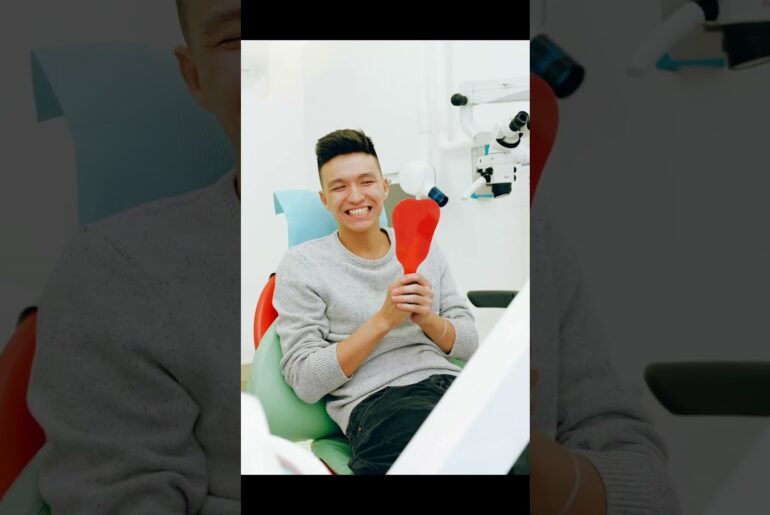Respiratory syncytial virus (RSV) is the leading cause of hospitalisation for children up to five years old across the country, but Western Australia is the only state with free immunisation against RSV.
Subscribe: http://ab.co/1svxLVE
Read more here: https://www.abc.net.au/news
ABC News provides around the clock coverage of news events as they break in Australia and abroad, including the latest coronavirus pandemic updates. It’s news when you want it, from Australia’s most trusted news organisation.
For more from ABC News, click here: https://ab.co/2kxYCZY
Watch more ABC News content ad-free on ABC iview: https://ab.co/2OB7Mk1
Go deeper on our ABC News In-depth channel: https://ab.co/2lNeBn2
Like ABC News on Facebook: http://facebook.com/abcnews.au
Follow ABC News on Instagram: http://instagram.com/abcnews_au
Follow ABC News on Twitter: http://twitter.com/abcnews
Note: In most cases, our captions are auto-generated.
#ABCNews #ABCNewsAustralia
What are we seeing when it comes to the cases of RSV both in the number of cases we’re seeing but also the severity respiratory sensial virus can affect people of all ages but it’s especially severe in young children or can be and so that’s where we focus on
Kind of preventative strategies um what we see with RSV is that it comes in waves like most respiratory viruses and it moves its way through the community uh because it’s a highly contagious respiratory virus it means that everyone can and does get it um often but that
There are strategies um such as using uh new medications like um nurse evab which is the monoclonal antibody that um we you we’re talking about at the moment from uh that’s going on in wa and we’ll get to that a bit more in a moment but
Why are we seeing cases rise as they are look it’s a good question obviously in a in a world where uh we all interact a lot we we got used to probably for a few years where during covid we were actually much more careful about respiratory viruses we even though our
Focus was covid we uh reduced the transmission of other respiratory illnesses simply because of social distancing maske wearing probably increased and improved hand hygiene uh and and just better surveillance now now that came at a cost as well uh that you know uh it made it more difficult to
Interact in society and so there is a balance there and um especially in young people we see the first or early num early exposures to respiratory illnesses can often cause worse uh symptoms so that’s why we worry about it more in children um we’ve also recently um been thinking more about RSV
You know the very old and um you know and people over 75 as well because it is a serious um respiratory virus for some people uh when they get sick so wa has introduced this vaccine and we’ve also seen it I believe being used overseas what do we know about the difference
That vaccine can make in in both the number of cases and the severity of cases so start with so this is actually what we call a monoclonal antibod so it’s a passive um provision of uh immunity uh that lasts for a you know a short period of time um usually a number
Of months now the the reason I said it’s very different to a vaccine where a vaccine actually gives uh someone’s immune system and opportunity to learn uh so it it challenges it and causes it to produce its own antibodies in this case we’re actually giving a dose of
Antibodies so that the body is primed to and action is taken as soon as U it comes into contact with um with RSV so it significantly reduces uh this monoclinal antibody significantly reduces uh the severity of symptoms now for many people symptoms aren’t severe but for um very young children and those
With underlying risk factors whether they be respiratory or developmental risk factors Um this can be very very useful um and I I think beyond that it is you know a pathway of things to come given that it’s a new medication available uh in Australia so it’s been
Approved by the TGA at the end of last year and it is still awaiting consideration by um pbac so the pharmaceutical benefits advisory committee and whether it will be introduced onto um the national immunization program but Western Australia is leading the way on this in terms of um making a a decision about
The efficacy and utility of providing this uh to for free to um to infants do you think it is likely we will see it rolled out nationally that it’s difficult because that remains a question for payback and for um an assessment of whether this is uh economically appropriate as well as
Having good efficacy for um for infants we know that our hospital system is under a lot of pressure and that that um that young people so pediatric admissions are an incredibly important part of that we need to be able to manage uh our health system so that it
Protects everyone and in that case things that reduce very small children needing to come to hospital who often need lots of help uh when they are admitted is a good thing the long-term view though is that uh these kinds of drugs probably will end up being targeted towards those people with
Significant risk factors and making it useful for and that may well be sufficient that we provide it for everyone um who is uh you know every infant but we also need to think about uh where’s the best use of resources to protect everyone in the community from many different respiratory illnesses
Just finally before we let you go Dr bonning for parents or guardians or carers who H whose kids have RSV what are the symptoms that they’re looking out for and when’s that call point to go into Hospital RSV can be anywhere from a mild cold through to severe bronchiolitis or
Pneumonia for your own child it is um you know a significant increase in the rate of their breathing it is um you know a Beav that we can’t break with um with normal things like paracetamol or Ibuprofen uh it’s you know your own child and so it’s that opportunity to
Make sure that uh if they’re not responding in the way that you think if they’re not drinking or eating um and you’re getting worried then it that’s the opportunity to see your doctor and if you think things are becoming out of control or it’s very late at night um
And you don’t know what’s going on being able to either call Health directs um or the ambulance service to get advice um make decisions and then potentially go to hospital uh is is the right thing to do so for parents to arm themselves with information is very good and there’s
Every state has great fact sheets on RSV and other respiratory viruses to help parents at home especially at 2: in the morning e






